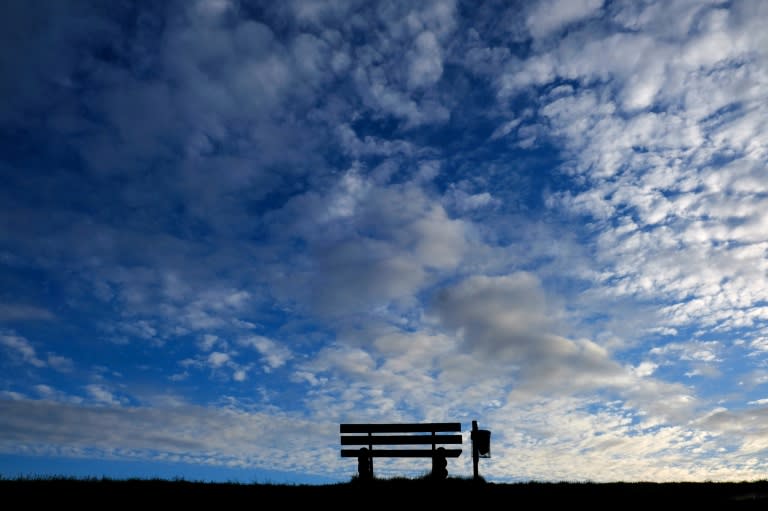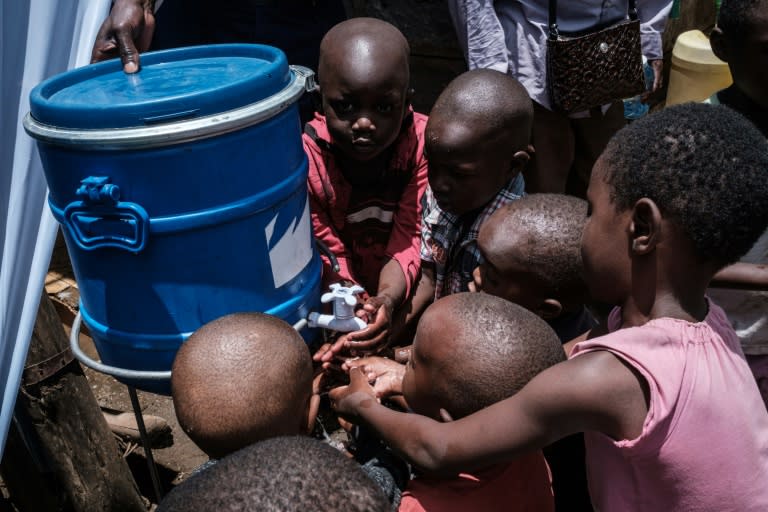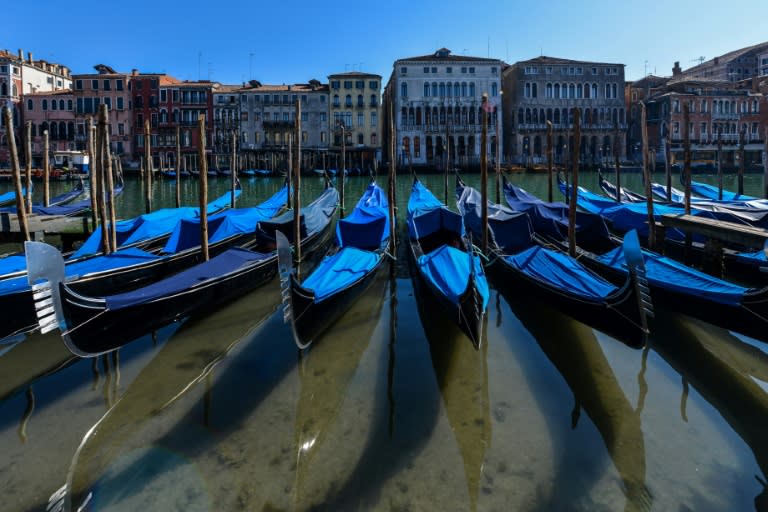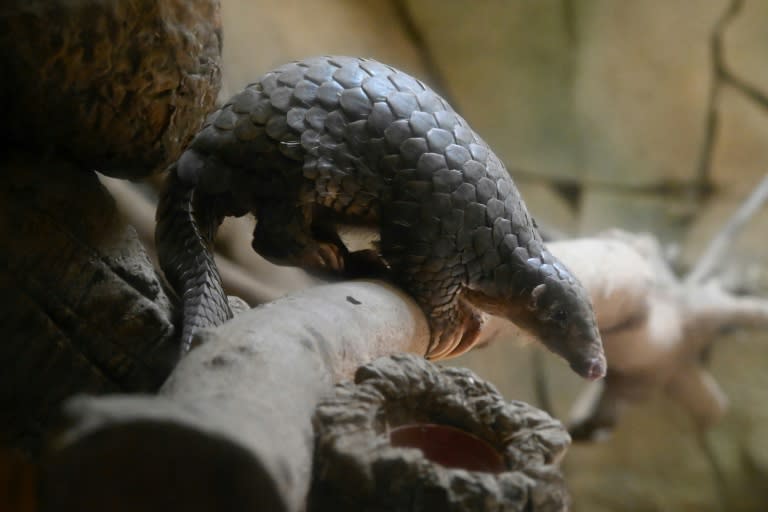Surgeon General Shuts Down ‘Fox & Friends’ for Hyping Unproven Coronavirus Cure
Justin Baragona,The Daily Beast•March 23, 2020
Surgeon General warns 'Fox & Friends' and Dr. Oz for hyping unproven coronavirus treatment
‘It’s not practical’ .Surgeon general warns ‘Fox & Friends’ and Dr. Oz for hyping unproven coronavirus treatment
U.S. Surgeon General Jerome Adams pushed back on the hosts of Fox & Friends on Monday morning after the trio hyped up an anti-malaria drug as a potential treatment for coronavirus.
Social distancing, the top doc said, is still currently the best way to stem the spread of the virus.
In recent days, President Donald Trump has embraced chloroquine and its derivative hydroxychloroquine as a “game changer” after a small clinical trial in France showed promise of the drugs’ effectiveness in treating the viral infection. While Trump has hyped the medications as potential cures, the nation’s top infectious-disease expert has expressed hesitancy, noting that the findings are merely anecdotal and that more studies and trials are needed.
During Monday’s broadcast of the president’s favorite morning show, however, celebrity doctor Dr. Oz excitedly shared with the Fox News audience that he had spoken with French doctor behind the trial that’s thrilled Trump and he agrees that it is indeed a “game changer.”

Lou Dobbs Said Media Hyped Coronavirus. Now He’s in Quarantine.
After Oz, who has a history of “dispensing misinformation” on his show, said that he would be working alongside other universities and clinics to start trials soon, Fox & Friends co-host Brian Kilmeade brought up Dr. Anthony Fauci’s attempts to temper expectations of the drugs’ abilities to combat the coronavirus, wondering what was “going on there” since it appears there’s no “downside” since it isn’t “hurting people.” (Nigerian health officials have, in fact, issued a warning after three people overdosed on chloroquine.)
Oz, meanwhile, said that while he respects Fauci he feels comfortable hyping the drug treatment because “the data is so strong” and Americans will be taking it anyway now that it’s been advertised.
“It’s going to happen anyway,” he added. “We need more data. Let’s do both. You don’t have to be right or wrong. Start the clinical trials. Get the data back over the next week or two, three, whatever it takes. But meanwhile, people can start treating.”
Later in the hour, the program welcomed on Adams, who immediately tossed cold water on the unproven treatment that the TV doctor had just breathlessly promoted.
“He wonders, you know, and worries about the fact that we don’t have enough pills yet in this country if that works,” co-host Steve Doocy pointed out to Adams.
“Here is the thing about those drugs: There is may and actually does,” Adams noted. “These may be promising. So we are trying to make them as available as possible to people across the country. We need to verify through studies that they actually work.”
“But I also, again, want to go back to the fact that it’s not practical to think we are going to treat our way out of this problem with new drugs or with ventilators or with supplies,” he continued. “We need to lower demand. We need more people talking about staying at home.”
The surgeon general went on to say that this is the reason why he’s contacted young celebrities to get the word out to millennials and Generation Z that they need to stay home and socially distance themselves.
During another morning-show appearance, Adams gave a stark warning to Americans that the worst was yet to come. “I want America to understand, this week, it’s going to get bad,” he said on NBC’s Today.
Trump, however, has begun to hint that he may give up on social-distancing guidelines as early as next week. Even though health experts believe it will take several more weeks or months before people can start living life normally, the president fired off an all-caps tweet on Sunday night saying “WE CANNOT LET THE CURE BE WORSE THAN THE PROBLEM ITSELF.” He also retweeted several right-wing personalities on Monday morning calling for social-distancing guidelines to be abandoned after the White House’s 15-day period is up.



 Cision
Cision





